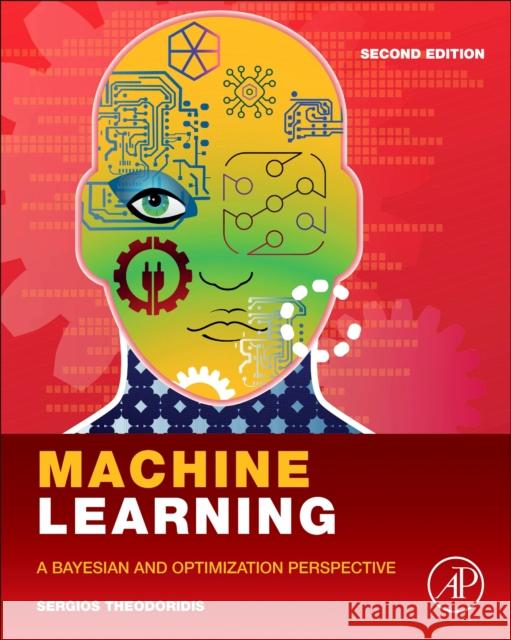Machine Learning: A Bayesian and Optimization Perspective » książka
topmenu
Machine Learning: A Bayesian and Optimization Perspective
ISBN-13: 9780128188033 / Angielski / Twarda / 2020 / 1160 str.
Kategorie:
Kategorie BISAC:
Wydawca:
Elsevier Science Publishing Co Inc
Język:
Angielski
ISBN-13:
9780128188033
Rok wydania:
2020
Ilość stron:
1160
Waga:
2.37 kg
Wymiary:
19.9 x 24.3 x 6.2
Oprawa:
Twarda
Wolumenów:
01











